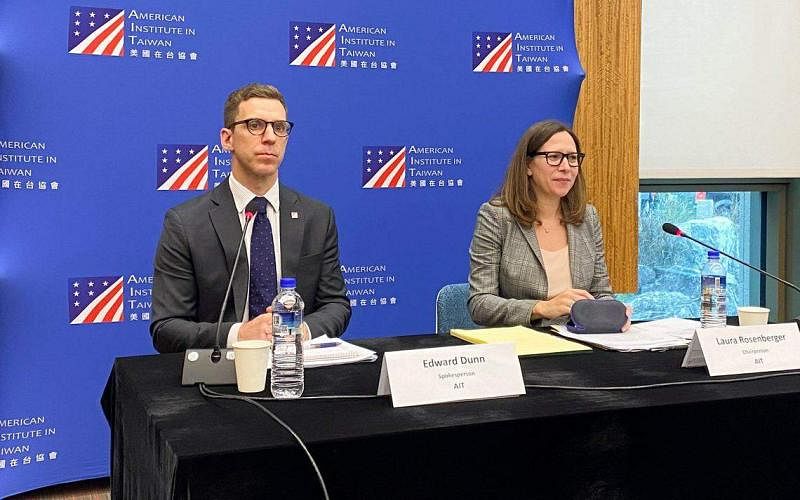Nauru Breaks Off Diplomatic Relations with Taiwan, Resumes Ties with Mainland China
After Lai Ching-te, chairman of the Democratic Progressive Party, a “pragmatic Taiwan independence worker”, won Taiwan’s presidential election on January 13, the South Pacific island nation of Nauru announced without warning two days later that it would break off diplomatic relations with Taiwan and resume diplomatic relations with mainland China, in accordance with United Nations General Assembly Resolution 2758. This is the first example of Taiwan’s original diplomatic allies changing their diplomatic recognition.
Beijing has long been poaching Taiwan’s diplomatic allies and sending warning signals to Taipei, and the loss of friendly allies after Lai Ching-te’s election victory is seen as a move in the United States‘ sandbox game. Laura Rosenberger, president of the American Institute in Taiwan (AIT), who accompanied a U.S. bipartisan delegation to Taiwan after the election, responded to Nauru’s announcement, saying UN General Assembly Resolution 2758 has been misinterpreted, and it is disappointing to use a distorted narrative of it to pressure Taiwan.
Nauru stated in its announcement that in accordance with Resolution 2758, it recognizes the government of the People’s Republic of China as the only legitimate government representing all of China and that Taiwan is an inalienable part of China’s territory, leading to the severance of diplomatic relations with Taiwan. Beijing has used this decision as a stepping stone to change the international order in its favor.
In response, Liu Jianchao, director of the International Department of the Central Committee of the Communist Party of China, said in a speech that Resolution 2758 passed by the United Nations General Assembly made it clear that adhering to the one-China principle is to maintain the international order. Challenging the one-China principle is challenging the international order.
The United States has been actively vocal in promoting Taiwan’s participation in United Nations affairs, encouraging member states to support Taiwan’s involvement in the organization. However, a scholar from the School of International Affairs at National Chengchi University in Taiwan, Lu Ye-chung, pointed out that the United States‘ efforts have a strong sense of political propaganda but are of little help in substantively promoting Taiwan’s participation in the United Nations General Assembly. Nonetheless, the United States can help Taiwan participate in specialized agencies under the United Nations, such as the IMF, which may be a breakthrough.
In recent months, the United States has passed legislation to support Taiwan’s participation in the IMF and expand its international space. However, it remains to be seen how these efforts will play out in the larger context of Taiwan’s diplomatic relations and international standing.
